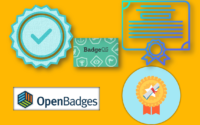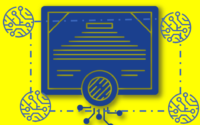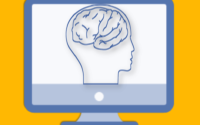
From Finding a Niche to Circumventing Institutional Constraints
Academics are increasingly encouraged to use social media in their professional lives. Social networking sites are one type of tool within this; the ability to connect with others through this medium may offer benefits in terms of reaching novel audiences, enhancing research impact, discovering collaborators, and drawing on a wider network of expertise and knowledge. […]
















